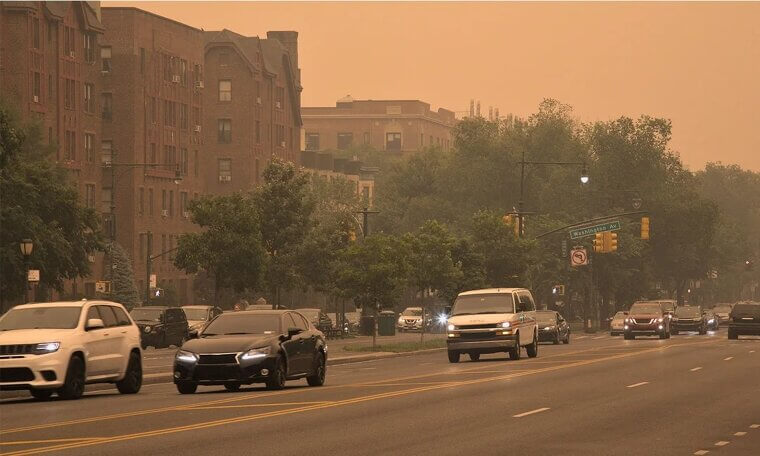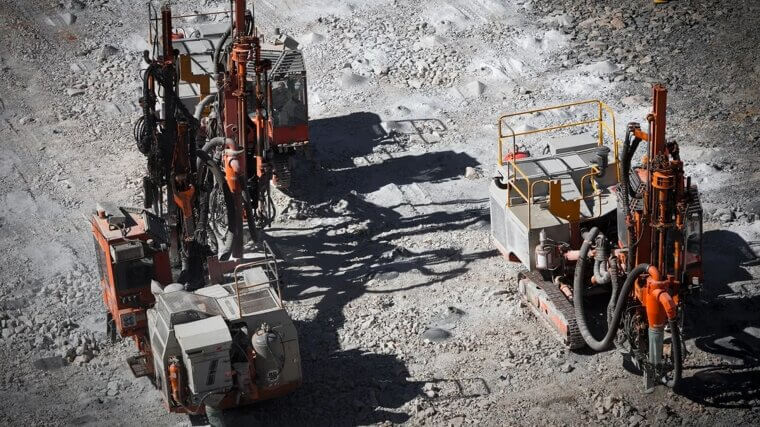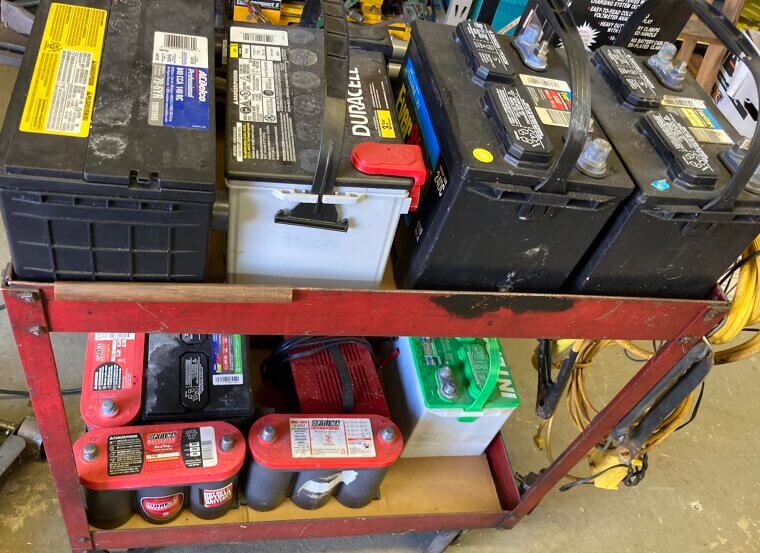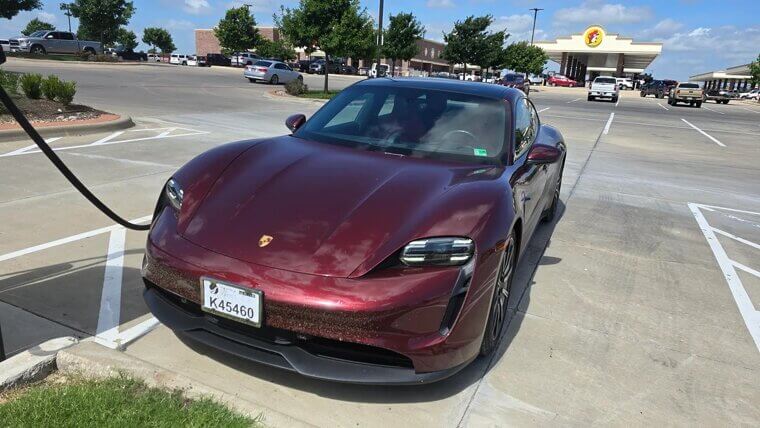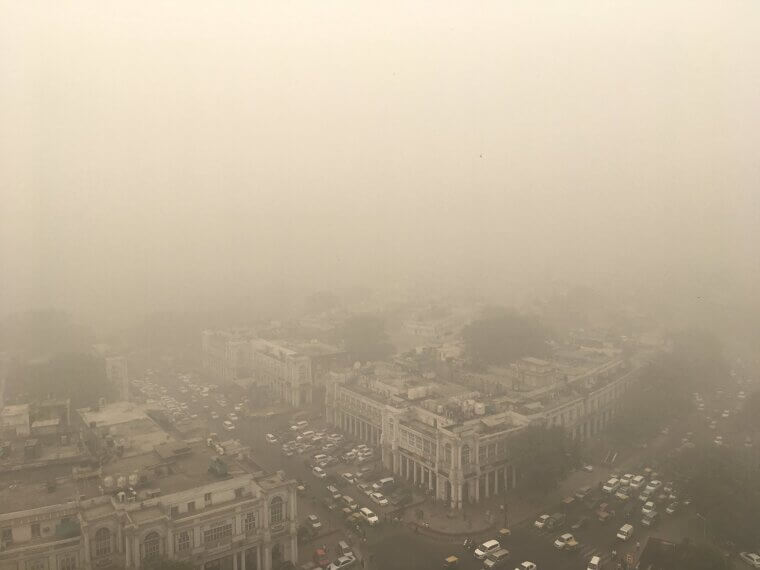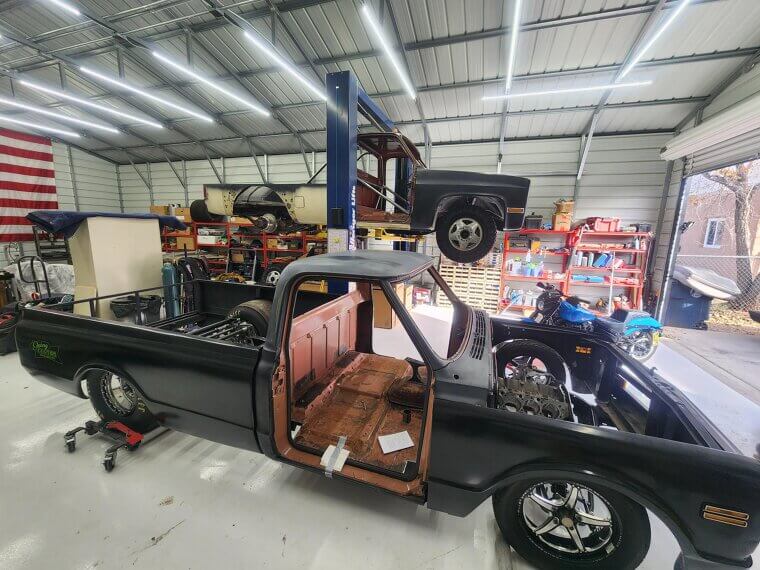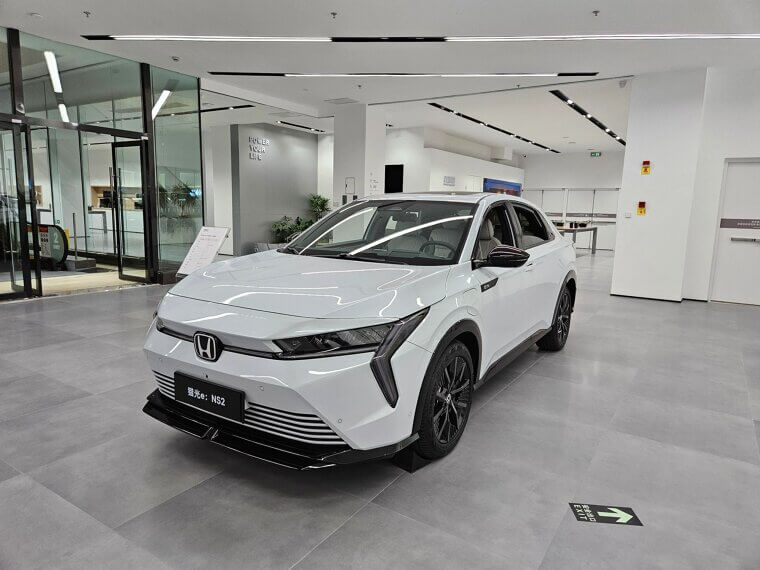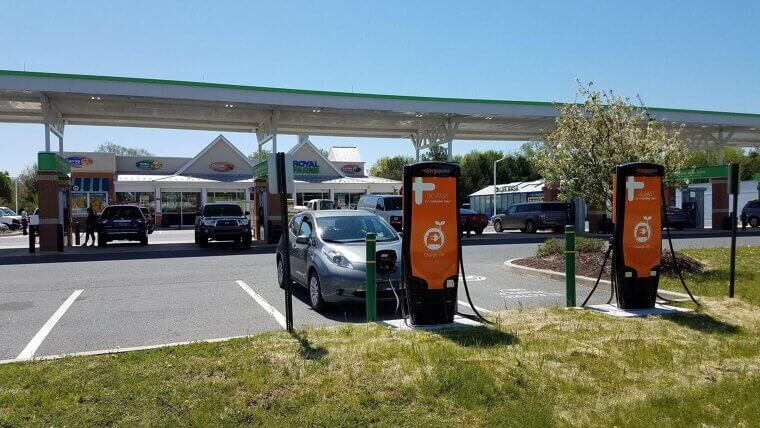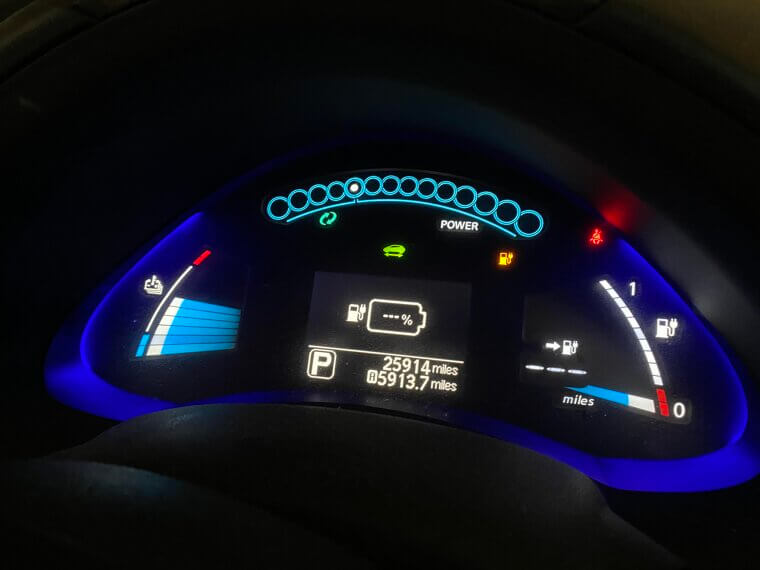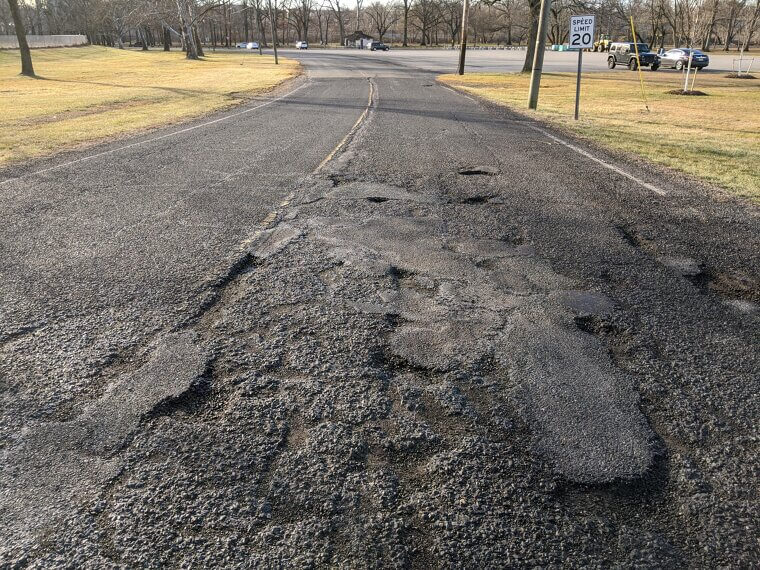Reasons Why EVs Should Be Taken off Roads
Electric cars have become increasingly popular over the last few years. But what if they’re not the eco-friendly heroes everyone thinks they are? From battery waste to grid strain, there’s more to electric cars than you think. Let’s uncover 18 surprisingly good reasons that should make us hit the brakes on EVs.
The Not-So-Shock-Proof Safety Concerns
It’s no secret that EVs have cool tech, but this comes with unique risks. Lithium battery fires are much harder to put out and risk reigniting hours later. The high-voltage systems used in EVs are just a different kind of danger on the road.
Breathing Trouble
People think EVs are better for our health, but the pollution from producing the batteries and mining can seriously harm the air and water in areas where the materials are sourced. Add in noise pollution from mining, and it’s clear that just because there’s no tailpipe doesn’t mean there’s no risk.
Dirty Batteries: The Real Cost of “Clean” Cars
Making electric car batteries isn’t as clean as it sounds. Mining minerals like lithium and cobalt uses a lot of water, tears up the land, and pollutes the areas around it. That cool-looking EV makes a big mess before it even hits the road.
Where Do Old Batteries Go?
Disposing of EV batteries is a real headache. They’re bulky, full of hazardous materials, and tough to recycle. Most places aren’t equipped to deal with them properly, so they just pile up in storage or landfills. They’re a ticking environmental time bomb.
Public Transportation Takes a Hit
Pushing for more electric cars means less money for things like buses, trains, and bike lanes. When more people drive their own cars, cities get more crowded. People who depend on public transport get stuck with fewer options and worse service.
Gridlock and the Challenges of Decolonization
EVs help richer countries, while poorer places where the battery materials come from are left with the mess. People lose their homes, water gets polluted, and locals don’t see the benefit. One side gets to charge up, and the other pays the price.
Plugged In, Power Out
Imagine the strain on the power grid caused by millions of EVs charging at night. Now, throw in a heat wave or a power outage. That’s a lot of stress on our power system. The grid isn’t ready for that kind of demand, and rolling blackouts could become the new normal.
The Hidden Carbon Footprint of the EV
EVs aren’t carbon neutral just because they don’t burn gas. Manufacturing, charging, and transporting them creates a far bigger carbon footprint than a fuel-efficient gas car. Sure, you’re skipping the gas pump, but the emissions are here to stay.
Supply Chain Struggles: Running on Empty
We’re burning through lithium, cobalt, and other rare materials really fast. These minerals won’t last forever, and the supply chain is already stretched thin. Most of it comes from just a few countries, so if something goes wrong, the whole EV market could be in trouble.
The Clean Air Conundrum
Sure, EVs help cut smog in busy cities, but pollution doesn’t just simply vanish. It shifts to places where electricity is made, and batteries are built. Just because your neighborhood gets clearer skies doesn’t mean someone else isn’t choking on dust and fumes.
Fueling the Crash of the Oil Industry
The oil industry isn’t just about gas. It affects economies, jobs, and even government budgets. If EVs take over too fast, the whole oil market could tank. It’ll take workers, small towns, and even entire countries down with it. It’s not just about cars - it’s livelihoods, too.
Too Hot, Too Cold
EVs and extreme weather just don’t mix well. Batteries lose their range in cold weather and can overheat in hot summer temperatures. Suddenly, that winter road trip becomes a nerve-wracking game of “Will I make it?” Climate change is real, and it’s affecting more than just the weather.
A Service Industry Shakeup for Mechanics
Your friendly neighborhood mechanic relies on your oil changes, exhaust repairs, and engine work to make a living. These are things EVs don’t need. That’s great for you and your wallet, but maybe not for the local garage where mechanics risk losing their jobs as EVs take over.
Affordability Woes
EVs aren’t cheap. Even with some discounts, they’re way more expensive than regular cars. Repairs and new batteries are also pricey. For many families, switching to an EV just isn’t something they can afford right now.
Nowhere to Plug In
Yes, charging stations are showing up - but not nearly fast enough. If you’re living in a small town or older neighborhood, good luck finding one. Most people can’t plug in at home, so they rely on public chargers - and those are still pretty hard to find.
Range Anxiety Is Real
Most electric cars don’t go as far as a full tank of gas, especially if you’re blasting the heater, AC, or driving up hills. That fun weekend road trip now takes more careful planning. If you can’t find a charger, you’re stuck. So much for “just hop in and go.”
Evicting Wildlife
Forests, deserts, and the natural habitats of cute, cuddly creatures are the first things to go when mining for the lithium and cobalt used in EV batteries. While you drive your EV, thousands of animals are being pushed out of their homes.
Empty Tanks, Empty Roads
Did you know that gas taxes fund roads, bridges, and transportation projects? EVs don’t contribute to the system the same way, which now leaves the infrastructure underfunded. If more people switch to EVs, governments will have to find new ways to pay.



